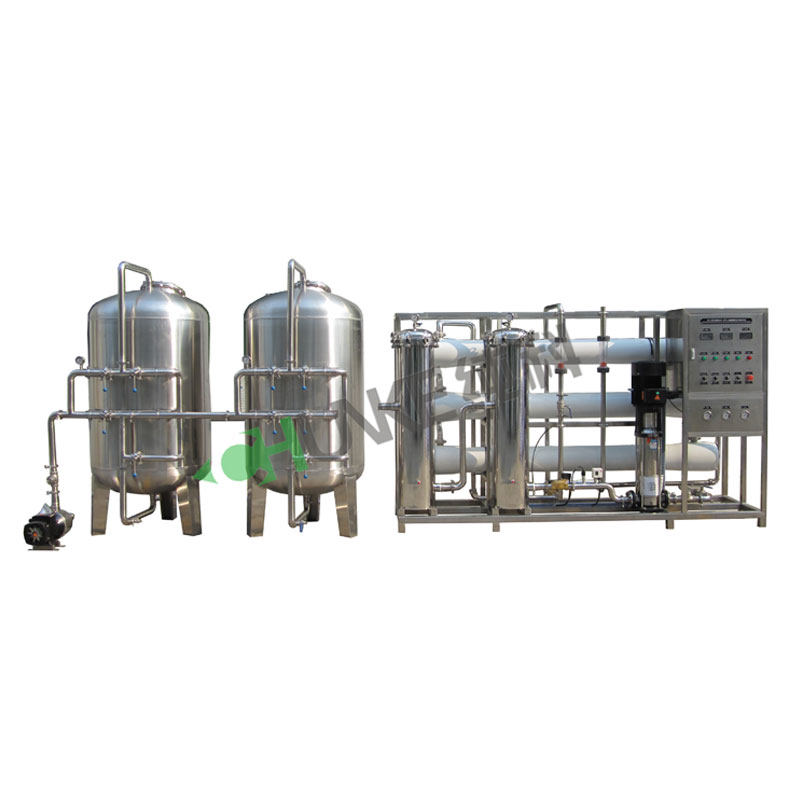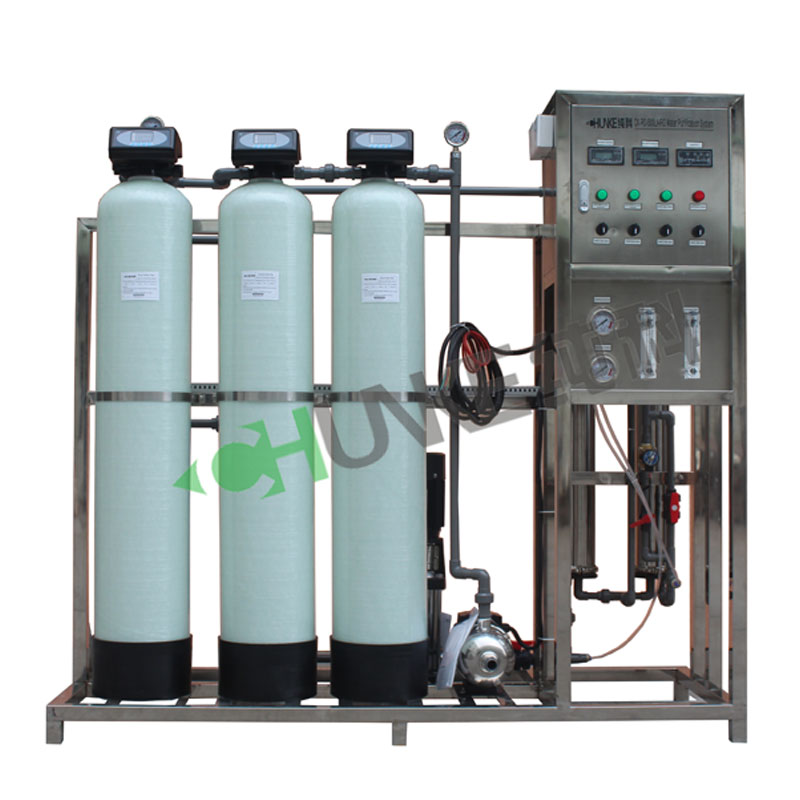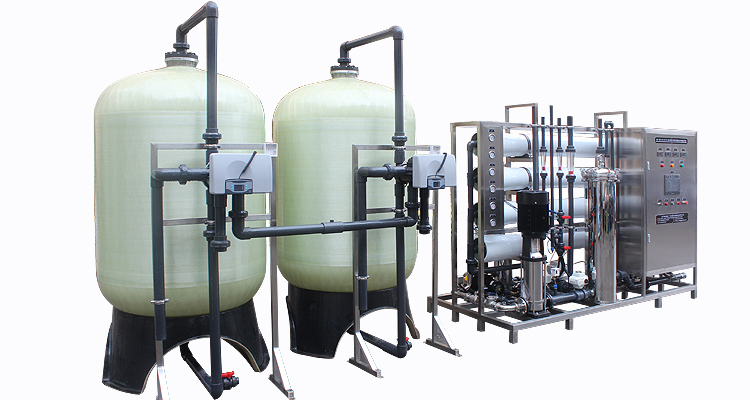What technologies are used for the recycling of water in industry?
In industrial production, water is a precious resource, and its recycling is essential for sustainable development. This article will explore the technologies used for the recycling of water in industry, focusing on the application of reverse osmosis technology in water recovery and its working principle and effect.
What technologies are used for the recycling of water in industry?
Reverse osmosis (RO) technology is usually used for the recycling of water in industry. RO technology is a highly efficient water treatment method that removes impurities and particles from water through a semipermeable membrane filter. In this process, water is pushed through a semipermeable membrane that only allows water molecules to pass through, while excluding most dissolved solids and organic matter.
Therefore, RO technology is widely used in industry for water recycling and reuse. The purification rate of RO devices is usually 75-85%, which means that it can effectively convert wastewater into reusable clean water resources.

What is the principle of reverse osmosis technology in industrial water recovery?
Reverse osmosis technology is a filtration technology that uses a semipermeable membrane to separate dissolved solids and dissolved ions in water. Its working principle is based on the selective permeability of the semipermeable membrane to solutes. In the reverse osmosis system, water passes through a semipermeable membrane, while the dissolved solids and ions in it are retained on one side of the membrane, thereby achieving water purification and recycling. Reverse osmosis technology transfers water from the high-concentration side to the low-concentration side by applying sufficient pressure, thereby achieving reverse osmosis of water, and then achieving water purification and recycling.
The application of reverse osmosis technology in industrial water recovery has the following characteristics:
1. Efficient purification: Reverse osmosis technology can effectively remove dissolved solids and dissolved ions in water, achieving efficient water purification.
2. Energy saving and environmental protection: Compared with traditional water treatment methods, reverse osmosis technology is more energy-saving and environmentally friendly, does not require a large amount of chemical agents, and reduces pollution to the environment.
3. Stable and reliable: Reverse osmosis technology uses advanced membrane materials and equipment, has stable and reliable performance, and is suitable for various industrial production scenarios.

How effective is reverse osmosis technology in industrial water recovery?
Reverse osmosis technology has achieved remarkable results in industrial water recovery, mainly in the following aspects:
1. Excellent water quality: The water quality after reverse osmosis treatment is excellent, and most of the impurities and dissolved solids in the water are removed, which meets the requirements of industrial production and domestic water.
2. Resource conservation: Through reverse osmosis technology, wastewater can be purified and recycled, achieving effective utilization and conservation of water resources and reducing production costs.
3. Environmental protection: Reverse osmosis technology reduces wastewater discharge, reduces pollution and pressure on the environment, and is conducive to maintaining the sustainable development of the ecological environment.
4. Economic benefits: The use of reverse osmosis technology for water recycling can reduce the production costs of enterprises, improve resource utilization efficiency, and bring significant economic benefits.

What are the challenges of reverse osmosis technology in industrial water recycling?
Reverse osmosis technology has many advantages in industrial water recycling. However, there are also some challenges in reverse osmosis technology, including high energy consumption and high equipment maintenance costs. RO devices require a lot of energy to drive, and they need regular maintenance and cleaning during operation, which increases the operating cost of the system.
In addition, the wastewater generated during the reverse osmosis process also needs to be treated reasonably to avoid secondary pollution to the environment. Therefore, the use of reverse osmosis technology in industrial water recycling requires comprehensive consideration of its advantages and challenges, and appropriate measures to solve the problems to achieve sustainable water resource utilization.
Summary
As one of the main technologies for industrial water recycling, reverse osmosis technology has the characteristics of high efficiency purification, energy saving and environmental protection, stability and reliability, and plays an important role in industrial production. Through reasonable application and scientific management






